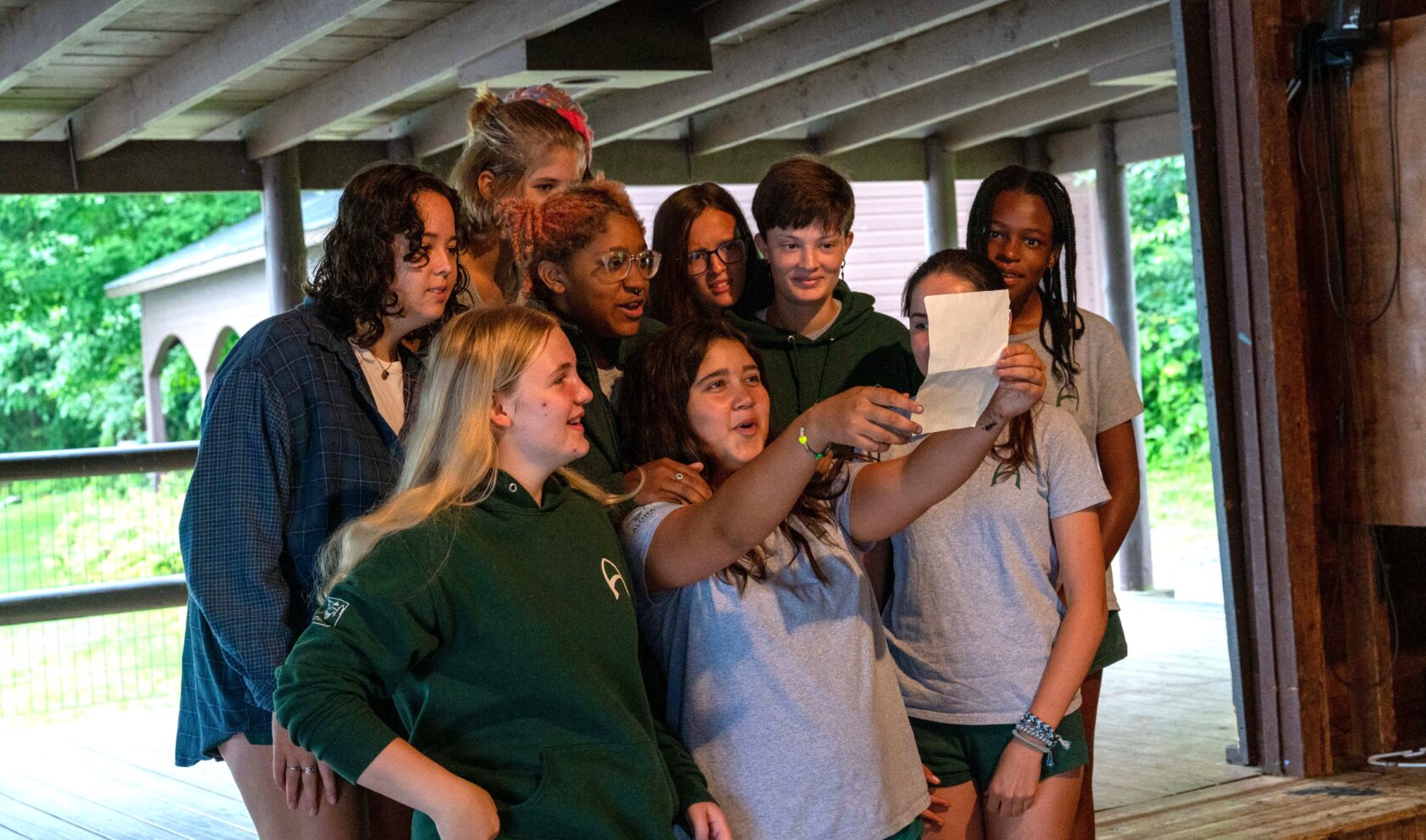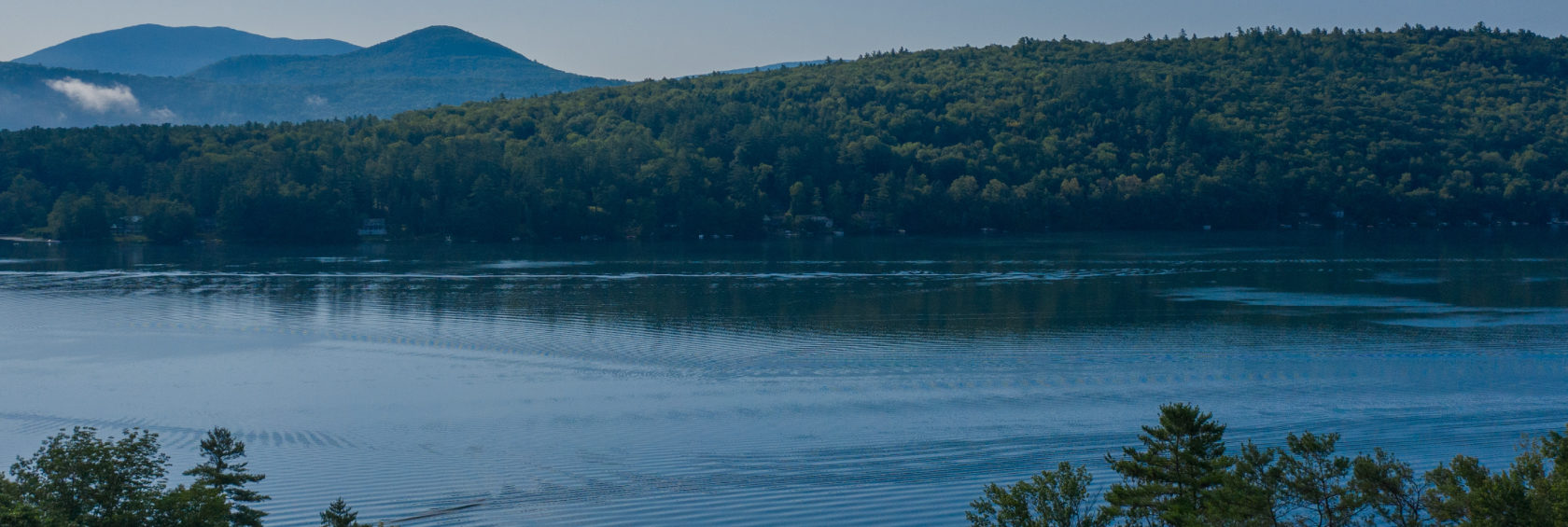Equity & Inclusion

Equity & Inclusion Statement
We strive to ensure each person is valued for who they are and what they bring to the community.
This means creating environments that invite people not simply to “fit in” but to feel a deep sense of belonging. We are working to increase support and access for those who have previously been underrepresented in our community in an effort to create a more equitable future for the organization as a whole. We aim to foster the strong relationships that are at the heart of our mission.
While these philosophies have been consistently part of our programs in practice, stating them clearly is an important part of our efforts. If you have a specific question, please contact us to discuss the Aloha experience.
Financial Assistance
Racial Diversity
Gender Inclusivity
Aloha, Hive, & Lanakila: We see value in creating intentional communities centered in the experiences of girls and young women (Aloha/Hive) and boys and young men (Lanakila), while also being inclusive of a range of gender identities.
LGBTQIA+
Ability & Neurodiversity
Land Acknowledgement
Aloha Foundation Land Acknowledgement
We acknowledge that the Aloha Foundation sits on land which has served as a site of meeting and exchange among Indigenous Peoples since time immemorial.
The Western Abenaki [A-ben-A-kee] have cared for these Vermont lands and waters for generations and continue to do so. We recognize colonization and oppression of Indigenous Peoples across the Americas as a historic and current process, and we commit to building our awareness of the past and our interconnected futures.
We pay respect to the Abenaki Elders and give thanks for the opportunity to honor and protect the land within our use.
Visit native-lands.ca to learn more about the Indigenous homelands in the Upper Valley.
At the Alohas, we are committed to:
- Designing programs that work for all members of our community
- Centering impartiality and fairness in policies, procedures, and distribution of resources
- Clearly understanding and defining the limitations of our organization
- Taking action to remove barriers that prevent full engagement in our programs
- Affirming the various perspectives that enrich our collective experiences
- Valuing every individual’s unique contributions as we learn and grow together
Some Key Milestones in Our History
1900s
1920s through 1960s
1968
1970s through 2010s
Aloha Foundation leadership cultivated relationships and forged partnerships with organizations, primarily based in Boston and NYC, that were working in communities of color to help us recruit children who would thrive at camp. Although the Aloha Foundation is not religiously affiliated, in the 1970s, we developed a longstanding connection with Cornerstone Baptist Church in Brooklyn, New York, a partnership created thanks to close friends of the Alohas. In 2005, the Diversity Fund was created as part of the Centennial Campaign. The following year, the Aloha Foundation leadership team participated in a diversity retreat to discuss the future vision for the camps. The Board of Trustees created the Diversity and Inclusion Taskforce in 2011, which presented recommendations and adopted the Diversity Values Statement:
The Aloha Foundation believes that diversity at all levels is essential to our mission and enriches our community. As an educational organization, the Aloha Foundation is committed to fostering a multiplicity of backgrounds, interests, values, experiences, cultural viewpoints, and beliefs.
We therefore strive to:
- Provide meaningful opportunities for Aloha community members to learn from the experiences and appreciate the perspectives of people with backgrounds significantly different from their own.
- Increase the social, racial, and economic diversity of the Foundation’s camps, programs, staff, and Board.
In 2014, thanks to funding from the Diversity Fund, the Hulbert Outdoor Center launched a pilot leadership program, designed for a group of 60 students from diverse communities. The Success Leadership Program, which has continued to grow in popularity since its inaugural year, consists of onsite teambuilding, leadership, and community project sessions, followed by participants sharing their knowledge in their home schools and leading school-wide projects to benefit their communities. Five years later, a total of 230 students from 10 schools participated.
2015-Present
- Created the Diversity, Equity, and Inclusion (DEI) Task Force: In 2020 we hosted a virtual Aloha Community-Wide Town Hall, as well as segmented listening sessions and discussion groups for our community. The resulting creation of this eight-person group included the Executive Director, two Trustees, and five staff members (current and former/year-round and seasonal).
- Completed working group assignments: Five groups of staff, alumni, and parents met to create recommendations related to specific areas of focus that emerged from the summer listening sessions: 1) staff training 2) counseling strategies including Success Counseling 3) singing and songbooks 4) defining our commitment to a “Child’s World”, and 5) research on Mamie Cochran, one of our camps’ founders.
- DEI Pre-Camp Training Sessions: Beginning in 2021, these 90-minute DEI sessions, completed in pre-camp, focus on self-awareness in connection with social awareness and understanding “isms” with an intersectional focus on race and gender.
- Facilitating Difficult Conversations: This training module centers around facilitation tools and tips; differences between dialogue and debate/discussion; and scenario work practicing facilitation with realistic camp scenarios.
- Affinity Spaces: Inspired by campers and facilitated by counselors with specific training, affinity spaces are optional and designed for campers with shared identities to gather, connect, and share lived experiences. Some affinity spaces initiated by campers this summer included BIPOC (Black, Indigenous, People of Color), Latinx(e), and LGBTQIA+ groups.
- New Partnerships: Foundation and seasonal staff members visited Harlem Academy in February 2022 to learn more about the school community and build connections with students and families. Five new campers from Harlem Academy joined the Aloha, Hive, and Lanakila communities this summer. The Aloha Foundation also partnered with the Anne Shore Sleep-Away Camp Program, Cincinnati Country Day School, and KIPP Capital Region Public Charter Schools.
- New Staff Check-Ins: Foundation staff continually offer opportunities for open dialogue with new staff members about their experiences and finding a sense of belonging at camp.
- CIT Facilitation Training: This education session, including facilitation training and scenario work, was designed for our counselors-in-training, such as First- and Second-Year Apprentices (Horizons), Midis (Hive/Aloha), and Second-Year Bridgers (Lanakila).

Let’s Connect
We offer camps and programs for people of all ages. Let’s talk about you, your child, your family – and discover together which experience you would value most. There are many options and possibilities!